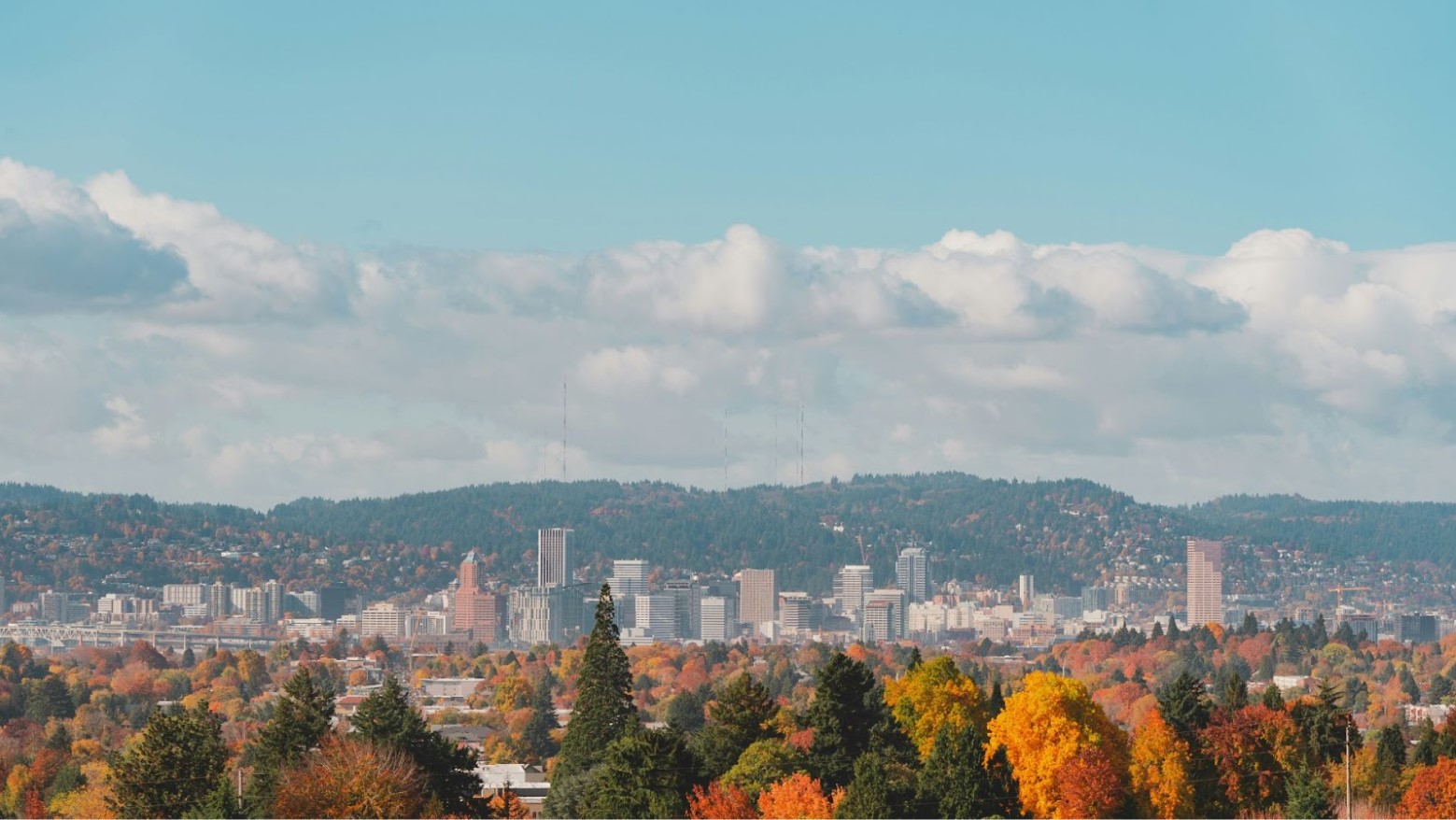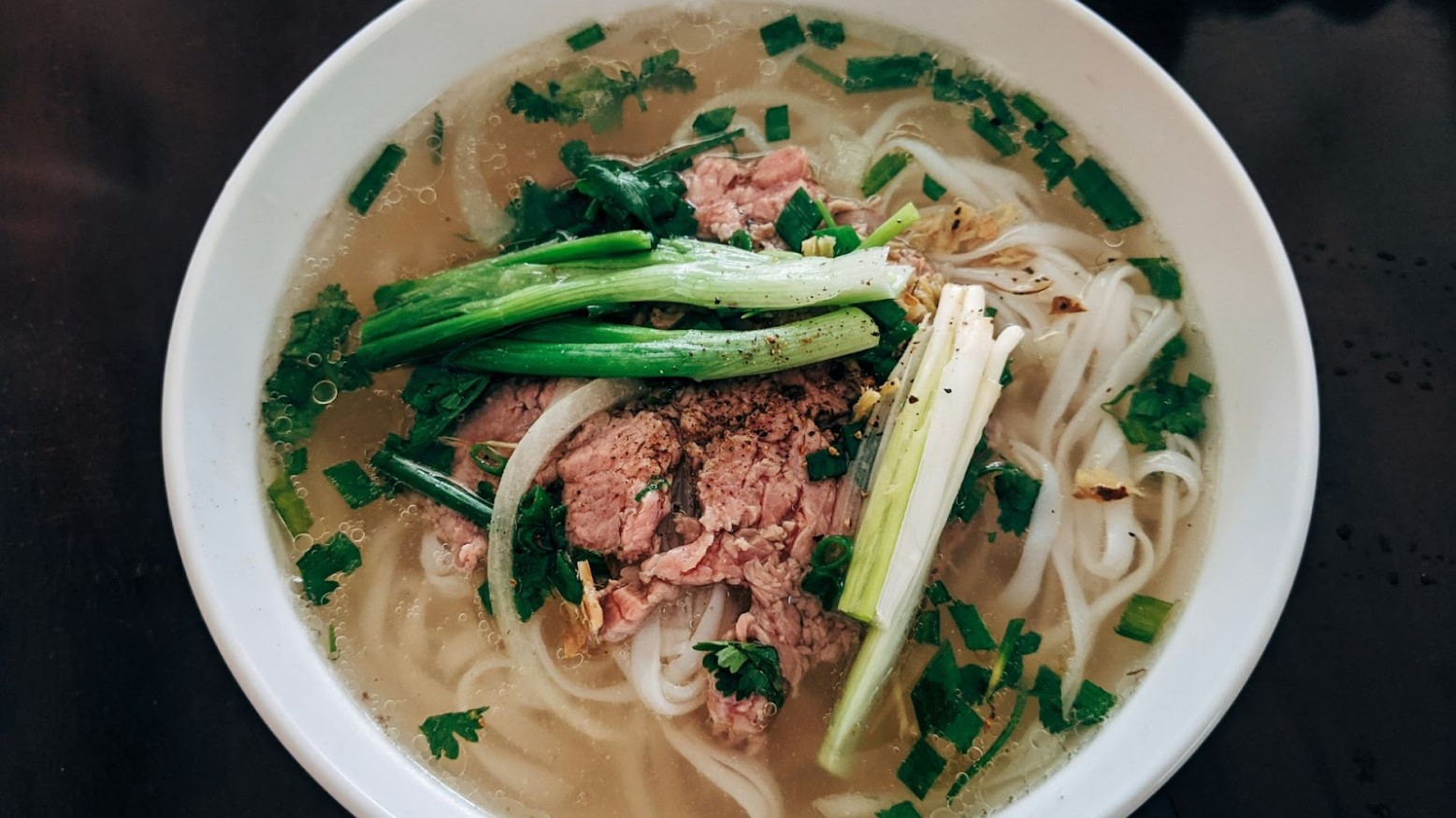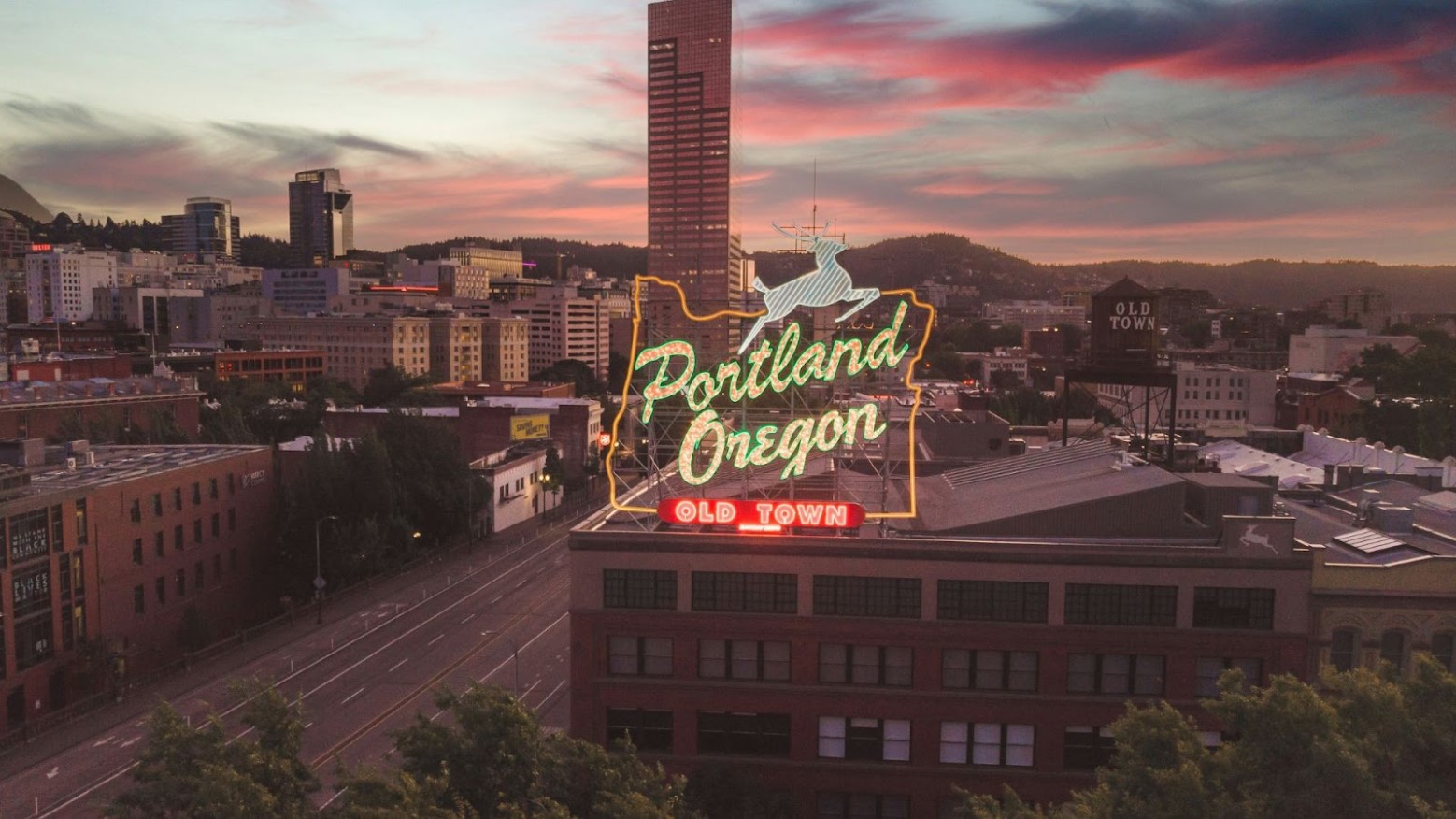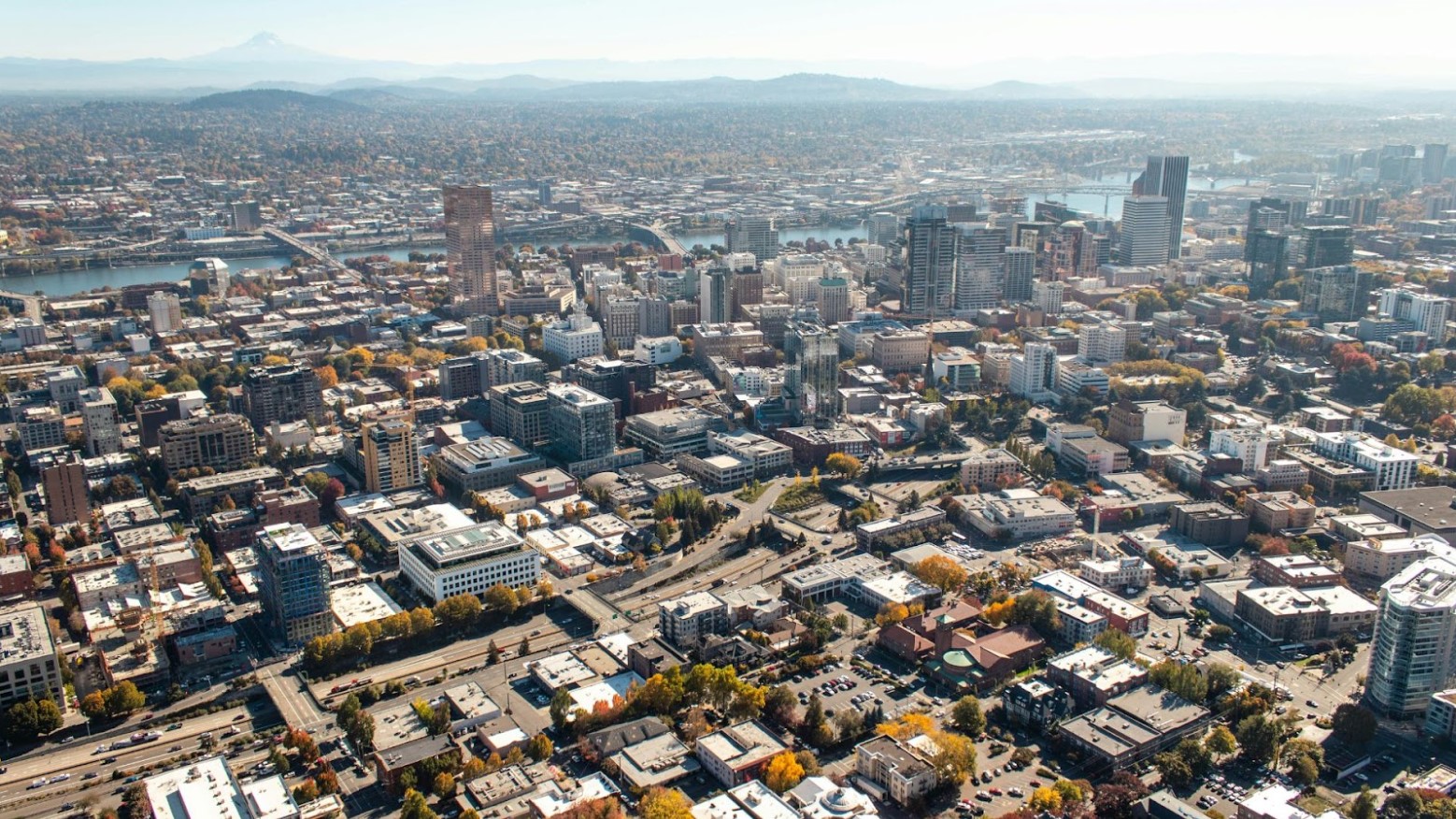A pho restaurant in Portland, Oregon, has temporarily shut down due to odor complaints by a neighbor, raising a timely conversation about potentially discriminatory city smell codes.
Portland has long had a smell code that restricts frequent odors from being omitted from an establishment within specific city zones. However, after these recent complaints, this code is now under fire by the public and lawmakers alike.
Complaints Against a Pho Restaurant

In September 2022, Eddie Dong, the owner of Pho Gabo, received his first notice that a neighbor who lived in the vicinity of his restaurant had complained of the odors that the eatery emitted.
Dong was completely shocked by this notice — especially as he had run the restaurant in this area for five years by then. Nobody had ever complained about odors before.
Repeated Complaints

These odor complaints would only continue in the years ahead. All these complaints have been made by one person, a neighbor who lives several houses down from Pho Gabo.
Because of these repeated complaints, the city began to threaten Dong with a fine, as they said he wasn’t taking care of these alleged odor issues.
The Restaurant Owner Tried to Fix the Issues

After these repeated protests were sent his way, Dong tried to fix any odor issues his Vietnamese restaurant may have had. This ultimately led to the owner deep cleaning various parts of his eatery, such as the kitchen hoods and the entire exhaust system.
Dong also tried installing charcoal filters, hoping this would help lessen the smell of cooking food. However, nothing apparently worked, as the complaints continued.
Natural Cooking Odors

What was the odor that the pho restaurant was emitting that caused this neighbor to file an official complaint with the city? It was simply natural cooking odors.
“They complained to the city, and the city came down,” Dong explained. “They say ‘odor,’ but it’s just food, grilling meat.”
Dong Cooked Meat Elsewhere

After all his kitchen cleaning, the complaints continued. Dong realized the odor was simply natural cooking odors that couldn’t be helped. So, he tried another solution: cooking the meat elsewhere.
This led to the pho owner cooking his meat at his other restaurant locations, and then driving to his spot in Northeast Portland to serve the food. However, this still didn’t help, as the objections continued.
Portland’s Smell Code

According to Portland’s current city odor code, certain zones must ensure specific odors are not produced. The code states that “continuous, frequent, or repetitive odors may not be produced. The odor threshold is the point at which an odor may just be detected.”
Therefore, this means that each individual inspector will evaluate the alleged odor — and then judge it based on their own sense of smell. Obviously, one’s sense of smell differs from person to person.
Inspectors at Pho Gabo

This difference in smell from separate individuals can clearly be seen in the many inspectors that went to visit Pho Gabo, thanks to this neighbor’s complaints. Different inspectors visited the eatery at least 10 times in the past two years.
One of these inspectors stated that “the odors detected smell like a wok dish.” This analysis, made in October of 2023, differs from the neighbor’s assessment that an unbearable odor is being emitted.
The Threat of Fines

Because of the neighbor’s ongoing objections, Portland ultimately ended up telling Dong that something had to be done. According to Pho Gabo’s owner, the city told him to pay a $4,000 fine — or close his establishment.
Dong also stated he was told that if he didn’t shut down his restaurant, he would have to pay another $3,600 fine. Ultimately, this led to Dong deciding to temporarily shut down Pho Gabo.
The Closing of Pho Gabo

To let his customers know of this unfortunate situation, Dong posted a sign outside Pho Gabo’s door on February 3. This sign explained that these odor complaints of the food they grill have led to the location being forced to temporarily close. He also listed his other two Pho Gabo locations if people wanted to go there instead.
Now that this location is closed, Dong has said he’s losing about $80,000 in revenue each month. He’d like to reopen his restaurant — sooner rather than later — but he’s not sure of what step to take next.
Dong Wants to Reopen

Since the Vietnamese restaurant’s closing in February, Dong has reached out to the city to try to learn what to do next. “I emailed the city and asked them what the next steps are. ‘Can I open without getting fined or put in a filtration system?’” he explained. “I have no info on that, so the restaurant is just shuttered right now. It just sits there closed.”
Thanks to community outrage over Dong’s treatment, more people have become aware of what’s going on. This has also led to Portland Commissioner Carmen Rubio stating on March 6 that she had learned about the restaurant’s closure — and had ordered the Bureau of Development Services to pause investigations until a reevaluation could be done.
Lawmakers Show Dong Support

Many lawmakers in Portland — including five Vietnamese state representatives — have publicly supported Dong. These policymakers are also raising concerns that these complaints could be discriminatory. Therefore, the city’s odor code could be used to discriminate against certain people and target their businesses.
Now, these lawmakers have slammed the code and are calling for change. “Policies may start with good intent, but they may have some of these unintended consequences,” Oregon State Representative Daniel Nguyen said. “They also could come from a place of implicit bias and trying to — not overtly — but indirectly trying to limit certain communities from doing business activity in certain areas.”
